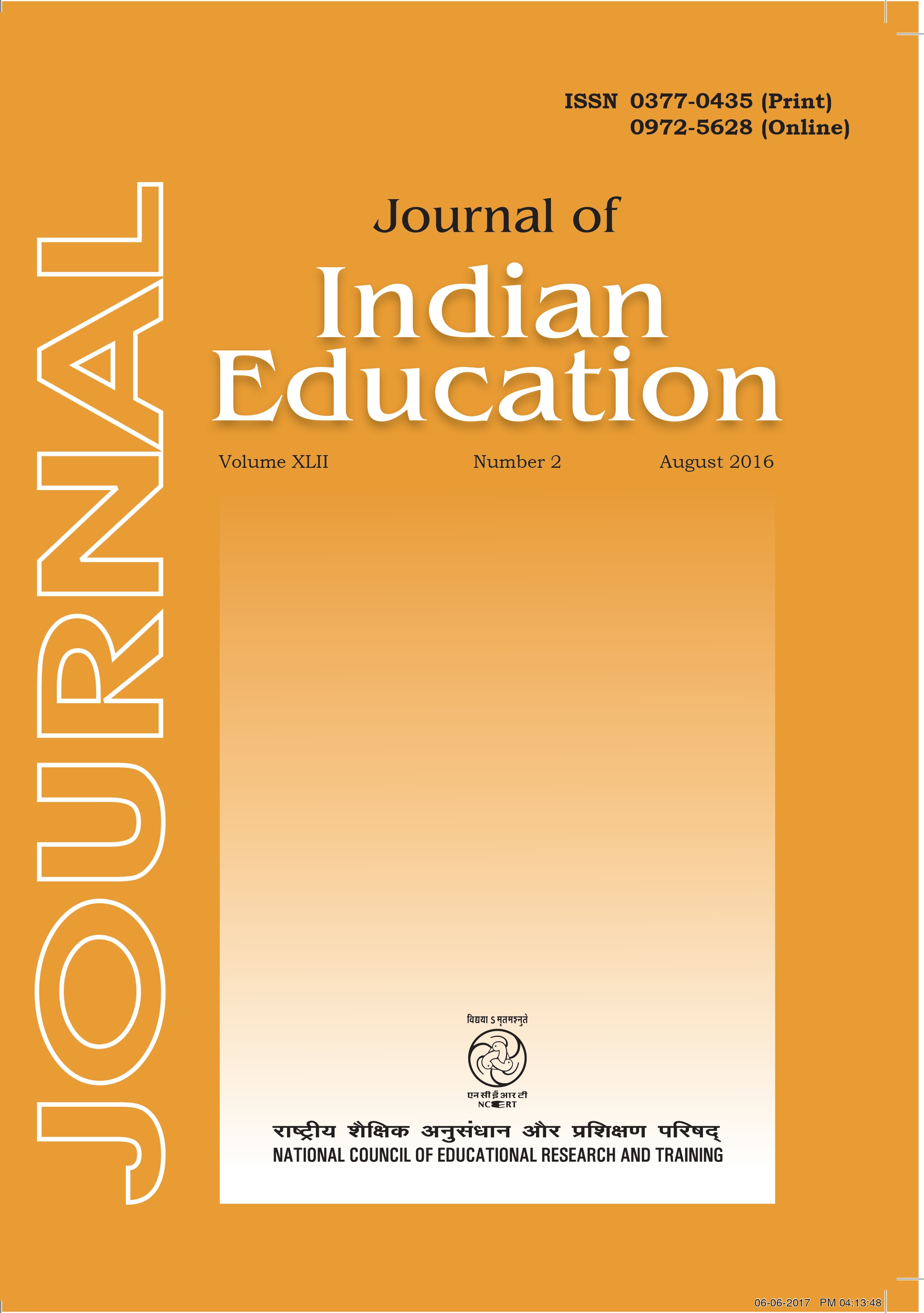Some Transactional Aspects of School Internship in Diploma in Elementary Education Course in India
Published 2024-12-13
Keywords
- Elementary Education,
- Teacher Education,
- Educational Research
How to Cite
Abstract
The course of Diploma in Elementary Education (D.El.Ed.) aims at preparing teachers to impart quality education at elementary level, i.e., Grade I–VIII. Since the agreement on universalisation of elementary education and further due to compliance to the Right to Education Act, 2009, imparting elementary education has become more challenging in India as it has entrants from different socio-cultural context with a vast majority of first generation learners. This has spawned the need for preparing teachers who could facilitate learning processes that enable every child to learn and achieve her/his optimum potential. For this, the teacher must have a thorough understanding of child, learning processes and rights of the child. This requires a teacher to observe experiment and reflect on her/his transactional effectiveness and learning apart from having acquired knowledge of nature, content and pedagogy of subjects. The ‘School Internship’ in D.El.Ed. curriculum, comprising 80 working days across the course, provides the teacher an opportunity to connect with school and acquire desirable learning to develop herself/himself as a professional practitioner. The study investigates whether this element of ‘School Internship’ in the course has been successful in achieving the anticipated objectives. The primary analysis reveals that there are numerous individual and institutional negotiations that reduce the potentiality of school-based learning for studentteachers.

